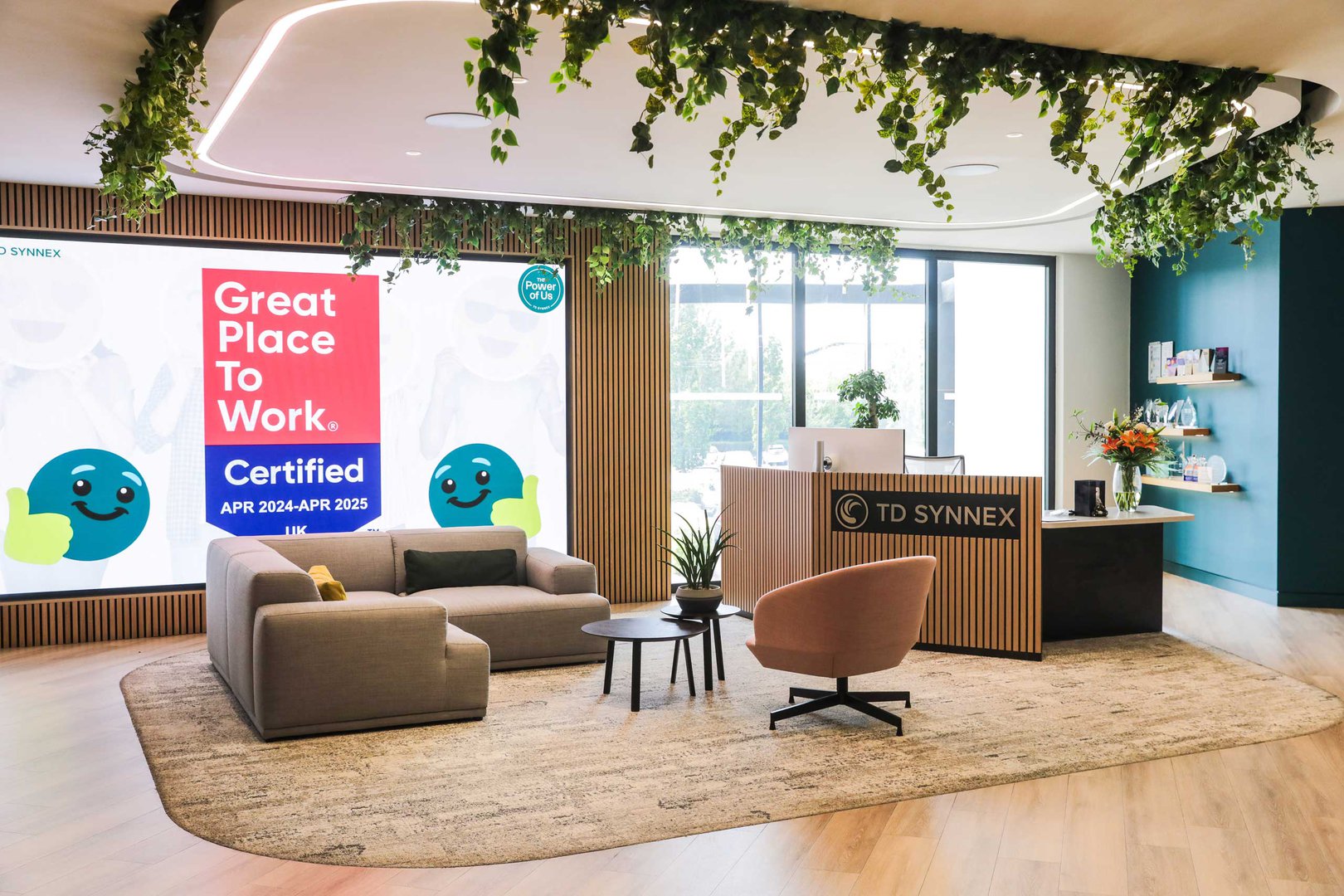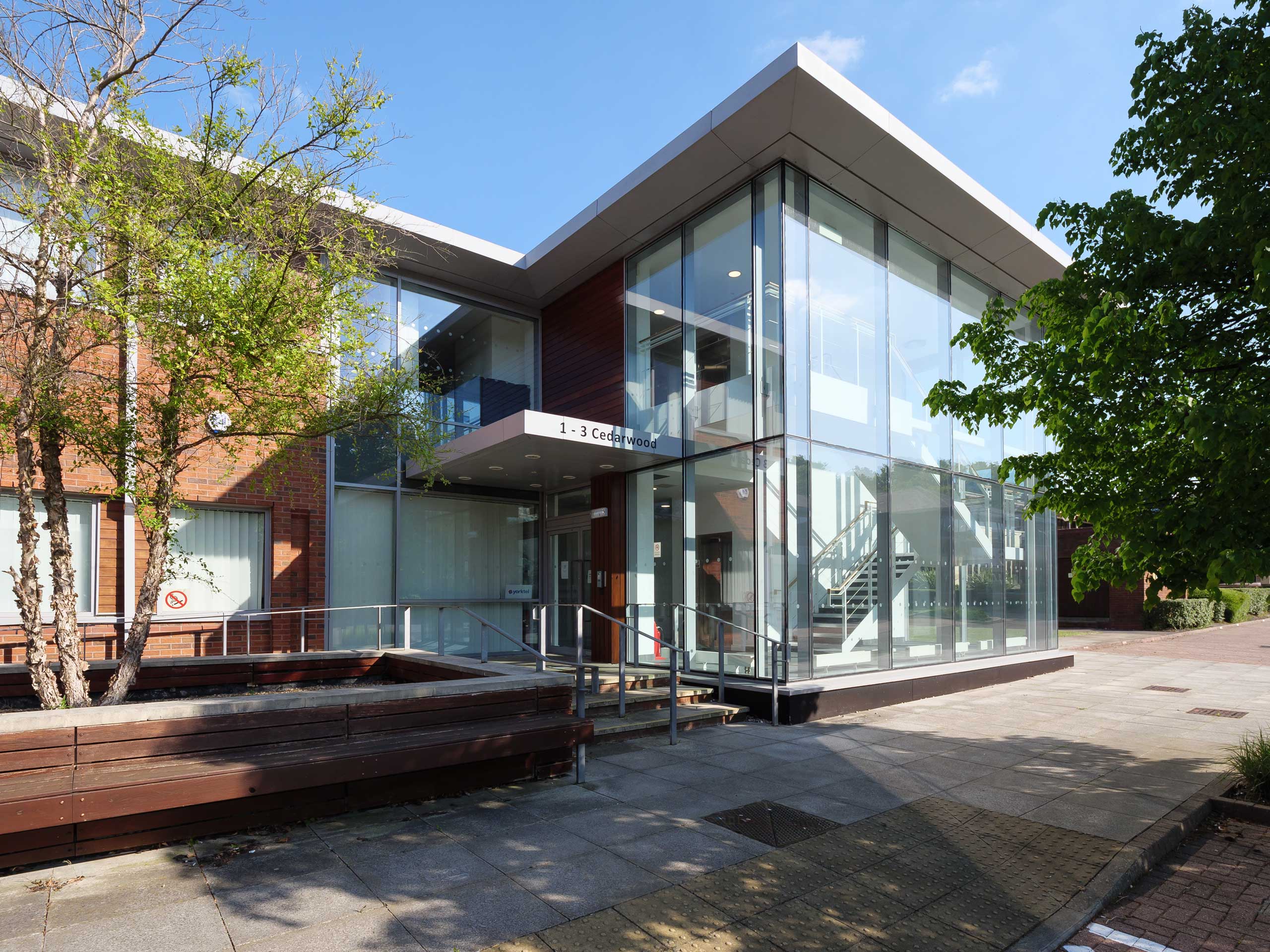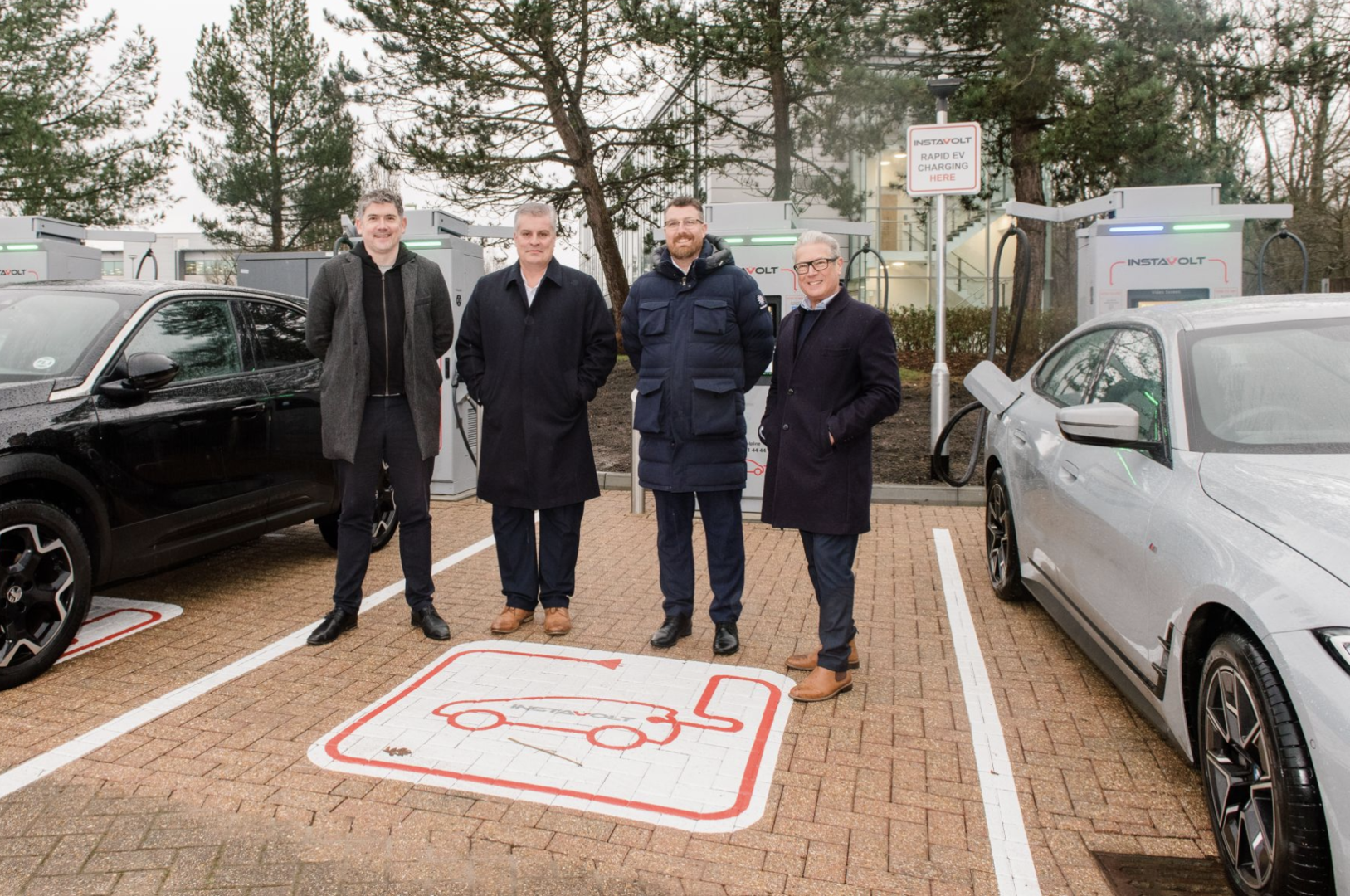The shifting sands of work
The modern office space is in a state of flux, adapting to meet the demands of a new era. The rise of digital nomads, the gig economy, and the blurring of work-life boundaries are reshaping our understanding of what it means to ‘go to work’. Organisations are increasingly taking up flexible hours and remote work options.
This shift is having a profound impact on physical workspaces. Hot-desking, collaborative zones, and quiet areas for focused work are becoming commonplace. The office of the future will need to be a dynamic, adaptable space that can accommodate a workforce that may not be present every day.
Remote vs office: striking the right balance
The debate between remote and office-based work continues to rage with many organisations grappling with finding the right balance. Is the move to remote work a lasting change or a temporary phenomenon?
The reality is likely to be a hybrid model for many businesses. This approach combines the flexibility of remote work with the collaborative benefits of in-person interactions. However, implementing a successful hybrid model presents its challenges. Office spaces will need to be redesigned to accommodate fluctuating numbers of staff, with a focus on creating spaces that encourage teamwork and innovation when people are present.
Despite the rise of remote work, physical office space remains crucial. As noted by the CBRE, “UK office take-up in 2024 is expected to increase relative to the levels seen in 2023. Demand for the best quality buildings in the best locations will remain robust in 2024.” This underscores the ongoing importance of high-quality office spaces, even in an era of increased flexibility.
Security in the modern office
As our work becomes increasingly digital, privacy and security in office environments are more important than ever. Cybersecurity is now at the forefront of many organisations’ concerns, keeping sensitive business information safe means that robust security measures are more critical than ever.
Future office designs may likely incorporate advanced security features, from biometric access controls to secure, enclosed spaces for confidential conversations. IT infrastructure will require constant updating to stay ahead of evolving cyber threats. Additionally, employee training on security best practices will become an integral part of workplace culture.
Designing for tomorrow
The office space of the future must address global issues, particularly climate change and sustainability. Innovative approaches to creating eco-friendly workspaces are gaining traction, from energy-efficient systems to using sustainable materials in construction and furnishings.
Green building certifications are becoming increasingly important, driving the development of office spaces that reduce environmental impact. We’re also seeing the rise of biophilic design, which incorporates natural elements to improve well-being and productivity.
Beyond the building itself, future-focused offices are considering their broader impact. This includes encouraging sustainable transport options, such as providing electric vehicle charging points and secure bicycle storage. Some companies are even exploring on-site renewable energy generation to reduce their carbon footprint.
The human element
With digital solutions and flexible working arrangements here to stay, it’s crucial not to lose sight of the human element. Office spaces play a vital role in combating the isolation that can come with remote work, providing opportunities for face-to-face collaboration and socialisation.
The challenge for future office design is to create environments that foster human connections in an increasingly digital world. This means incorporating spaces for formal meetings and informal interactions, and areas that promote wellness and work-life balance, such as on-site gyms or relaxation zones.
Inclusive design is another key consideration. The accommodation of workers with disabilities and impairments is paramount, the office of the future must be accessible to all. This goes beyond physical accessibility to include considerations for neurodiversity and different working styles.
In conclusion, the future of office space is one of adaptation and innovation. While the fundamentals of providing a productive work environment remain, how we achieve this is changing. The successful office of tomorrow will be flexible, sustainable, secure, and above all, human-centric. However, one thing is clear: the physical office space, though transformed, will continue to play a crucial role in the world of work.
Modern office space in Chineham Park
Chineham Park is an 815,000 sq ft mixed-use business park located in Basingstoke with a wide range of offerings comprising units from 160 sq ft to 93,000 sq ft. To learn more, get in touch with us today.









